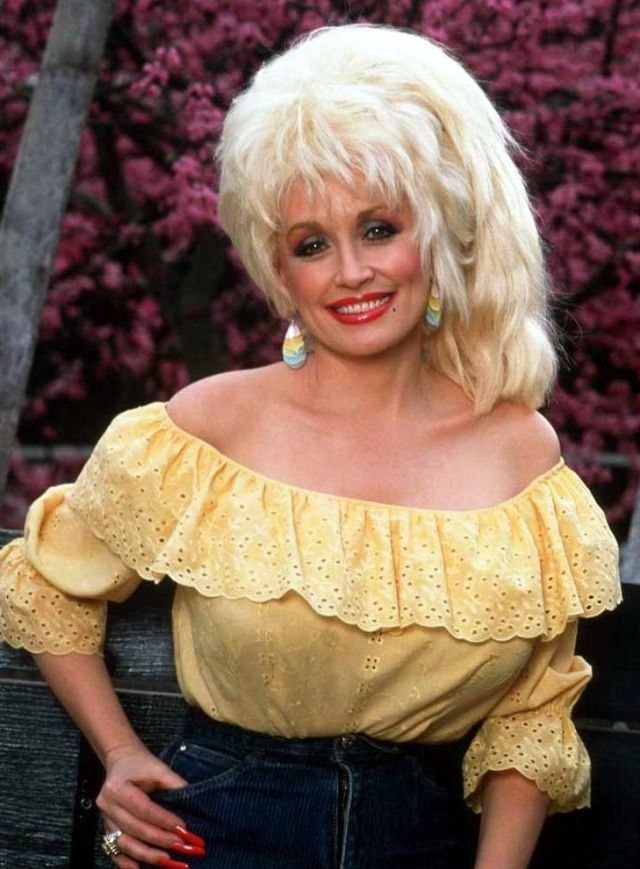
In the tapestry of American music, few threads are as vibrant or as enduring as the contribution of Dolly Parton. Her 1980 hit “9 to 5” stands as one of the most emblematic examples of Parton’s indelible impact on not just country music, but the broader cultural landscape. To appreciate “9 to 5” is to understand its multifaceted legacy—a legacy that is stitched with the sounds of rebellion, empowerment, and an era-defining shift within the world of music.
Before the release of “9 to 5,” country music often depicted romanticized visions of the past, steering clear of overt political statements. However, Dolly Parton’s song broke the mold.
From the infectious melody to the powerful narrative of the working class, “9 to 5” resonated with listeners on a deep level. It was not just a catchy tune; it was a reflection of the times—a call for recognition, equality, and fair compensation.
Furthermore, “9 to 5” was revolutionary for its feminist message. Dolly Parton challenged traditional gender norms, paving the way for a new wave of social and political commentary in music. The song’s commercial success was undeniable, topping both the country and pop charts and influencing a diverse audience.
Even today, “9 to 5” continues to be celebrated and referenced across various platforms, standing as an anthem for new generations of listeners.
Dolly Parton’s advocacy for equality and depiction of everyday struggles have solidified her as an icon beyond music, transcending into realms of social activism and humanitarian work. As the song plays on speakers worldwide, it serves as a reminder of the enduring power of music to inspire change—a legacy etched into the annals of music history. Through “9 to 5,” Dolly Parton’s impact on the world of music remains a timeless testament to the resilience and hope of the working class.